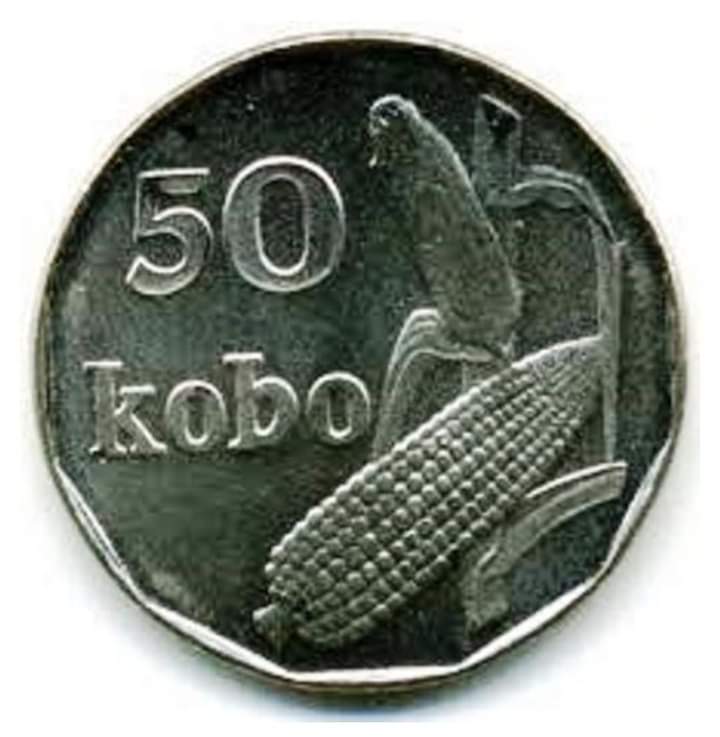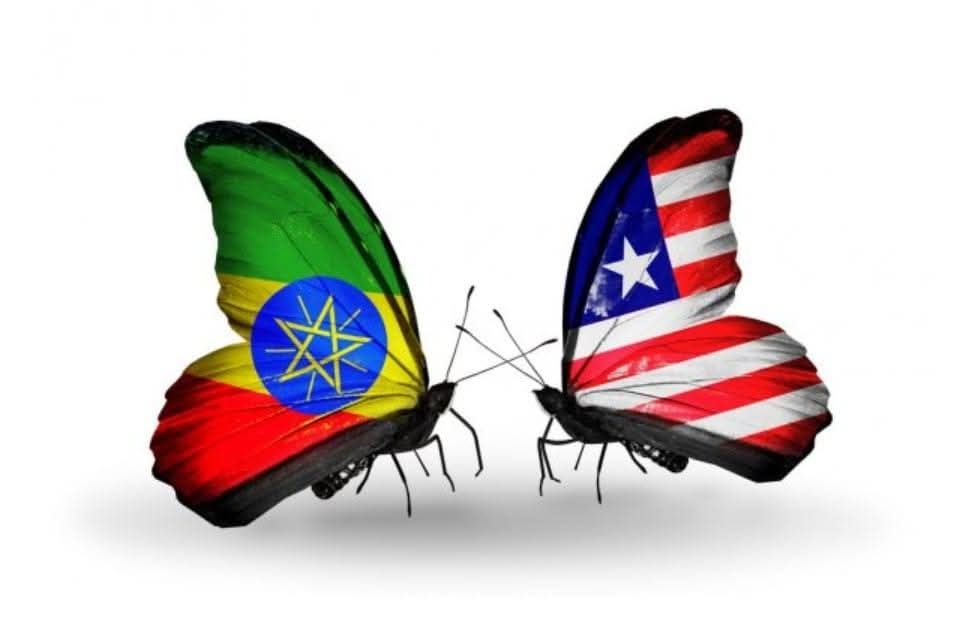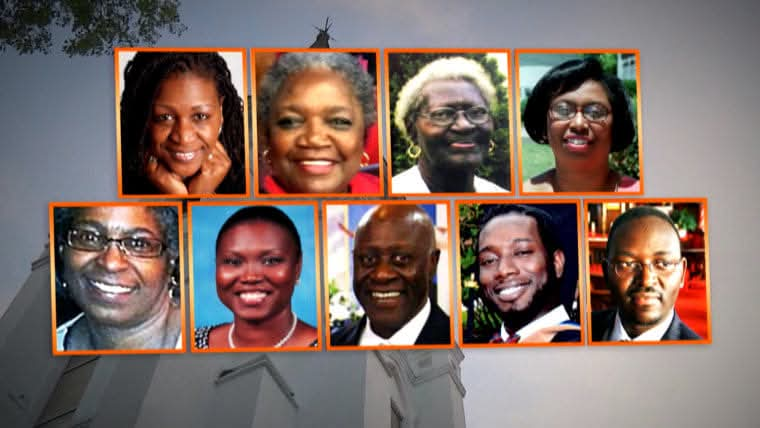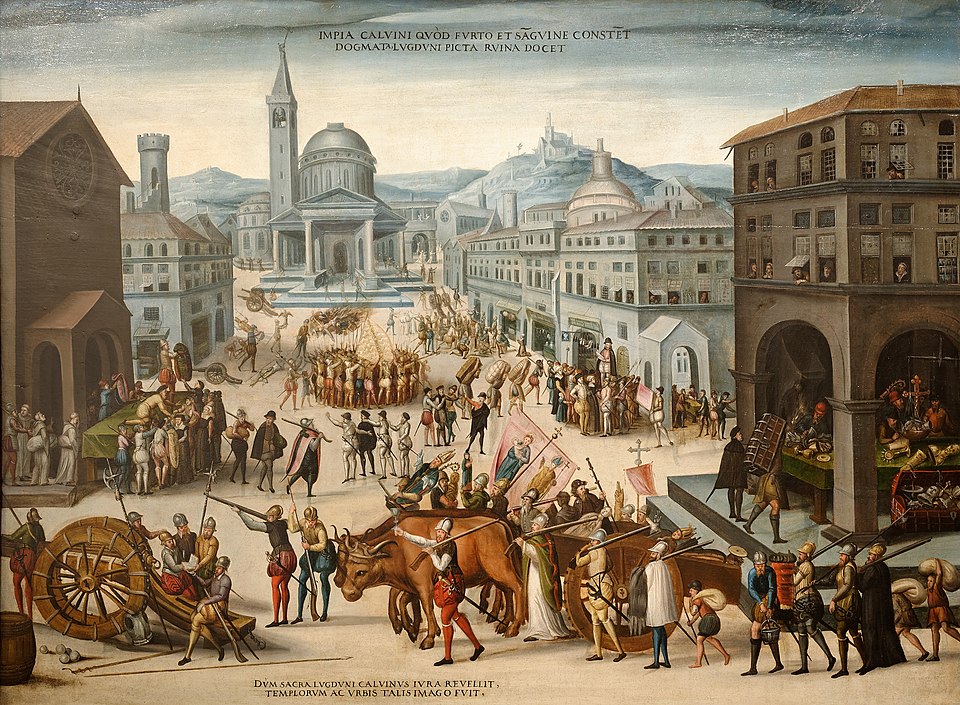FINANCE: An Overview of the Evolution of Nigeria's Monetary System

Did you know that the Nigerian Naira was first introduced on 1 January 1973, and that the country was the last British-colonized country to abandon the use of pounds, shillings and pence?
Since Nigeria’s independence in 1960, the monetary units and system have evolved through various stages of transformation. Nigeria’s monetary system evolved gradually with initial use of Trade by Barter to the use of cowries and Manilla, Manilla was used as a form of money made of bronze or copper. They were also sometimes worn as bracelets or leg-bands.
The naira was introduced on 1 January 1973, replacing the use of Pounds, shillings and pence, monetary system. Nigeria was the last country to abandon this system amongst the British-Colonized Countries.
In 1973, Nigeria changed baton, with the introduction of Coins and Bank Notes. The Coins consisted of denominations such as ½, 1, 5, 10 and 25 kobo, with the ½ and 1 kobo in bronze and the higher denominations in cupro-nickel; and the Bank Notes (Naira) were 5K, N1, N5 and N10. A new and higher banknote was later introduced in 1977, ‘N20’. This was seen as gold, because it bore the portrait of Nigeria’s revolution torch bearer, the late Head of State, General Murtala Muhammed.
In 1989, the 5 kobo and 10 kobo coins were phased out and in 1991, N50 note was introduced while 50 kobo and N1 notes were changed to coins. The next change occurred in 1999, N100 note was introduced and a year later (year 2000), N200 note was introduced. Two higher denominations were later introduced, N500 note in 2001 and N1000 in 2005.
The evolution of Nigeria’s monetary system reflects her history, colonialization, struggle and strength. The Naira note is beyond a means of transaction and exchange. It is the face and status quo of the nation.
With each evolvement, the Nigerian currency seemed to play a two-way system. Its value sometimes dropped and also rose. The currency is seen as a force of unity. As a medium of exchange it brings interaction between local and foreign border lines (international and local trade). The N50 naira note is celebrated as the ‘WaZoBia’ naira note. It has illustrated portraits of the major ethnic groups in Nigeria: Yoruba, Igbo and Hausa.
Currency, referred to a universal language, breaks down all tongues to one. With currency, we all speak one language. Naira is an essential symbol of nationalism and the nation’s pride. However, in recent times, as a result of the scarcity of foreign exchange, the Naira has thunder-bolted.
Source: The Guardian
#penglobalhistory



